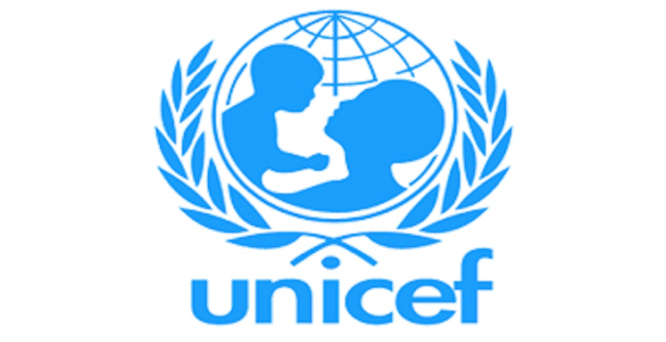The International Labour Organization (ILO) and the United Nations Children’s Fund (UNICEF) have launched a new joint initiative, the Supporting Sustainable Social Protection Systems in Nigeria (SUSI) project aimed at strengthening Nigeria’s social protection systems to better serve vulnerable populations, including children, women, and informal sector workers.
Speaking at the opening of a two-day capacity-building workshop for policymakers on Thursday in Abuja, ILO Country Director for Nigeria, Dr. Vanessa Phala, said the SUSI project aligns with Nigeria’s national development priorities, the ILO Decent Work Country Programme, and the UN Sustainable Development Cooperation Framework.
According to her, the project is designed to enhance the design and implementation of social protection policies that ensure equitable access to essential services and income security for all Nigerians.
“As an international labour organisation, we are honoured and pleased to partner with our sister agency, UNICEF, to implement this very important and laudable project that supports sustainable social protection systems in Nigeria,” Phala stated.
She explained that the project complements the federal government’s Renewed Hope Agenda and would help build the technical capacity of policymakers to design, implement, and monitor effective social protection interventions.
“We want to build a cohort of social protection champions across federal and state levels who will work together to strengthen and expand protection to vulnerable Nigerians. It is critical that we bring our efforts together to achieve tangible results on the ground,” she added.
Phala also appreciated the European Union (EU) for its financial support, noting that the project’s implementation would not have been possible without its contribution.
On her part, UNICEF Social Policy Manager, Ms. Zarema Yerzhanova, said the training offers an important platform for policymakers and experts committed to building inclusive social protection systems that leave no one behind.
She observed that despite Nigeria’s vast potential, millions of citizens — particularly children — continue to face poverty and vulnerability caused by climate change, conflict, health emergencies, and the rising cost of living.
“Social protection is a smart and essential investment in people. When well designed and collectively financed, it improves productivity, enhances human capital, and builds resilience,” Yerzhanova said.
Also speaking, the Director of Social Protection, Security, and Cooperation Development at the Federal Ministry of Labour and Employment, Mrs. Franca Adukweh, described the training as vital for strengthening Nigeria’s institutional capacity to maintain robust social protection systems.
“This lecture is not just another workshop; it is a vital step towards building the technical capacity and shared understanding required to strengthen and sustain national social protection systems,” she said.
Adukweh emphasized that social protection remains one of the most effective tools for reducing poverty, promoting social inclusion, and ensuring no one is left behind in the nation’s development process.
“As policymakers, we are the bridge between ideas and implementation. I commend the ILO, UNICEF, and other partners for their continued commitment to strengthening institutional capacities and promoting knowledge sharing,” she concluded.















